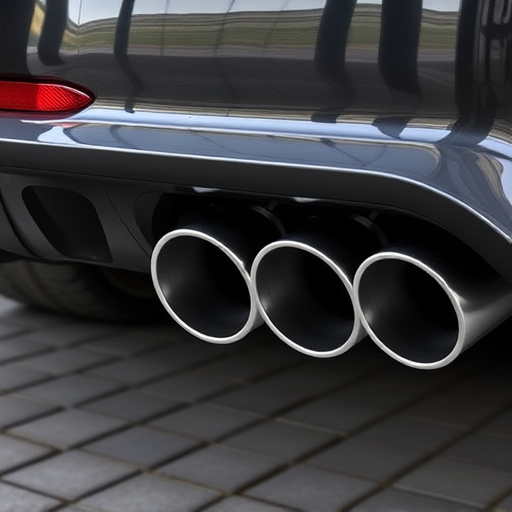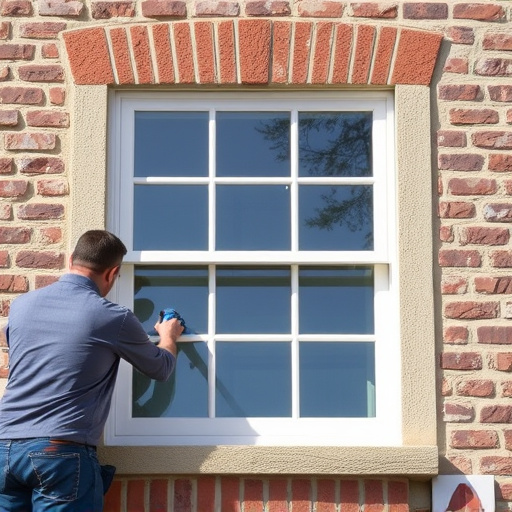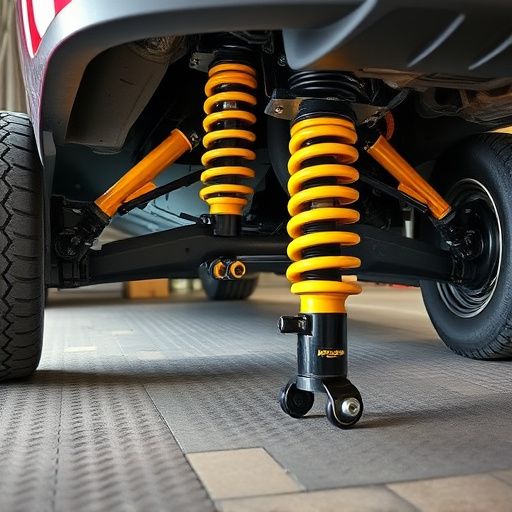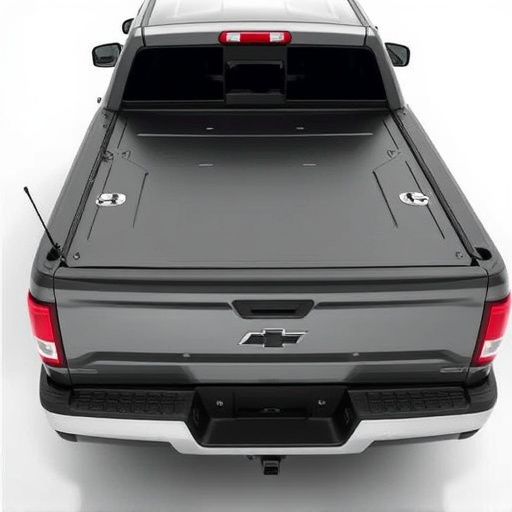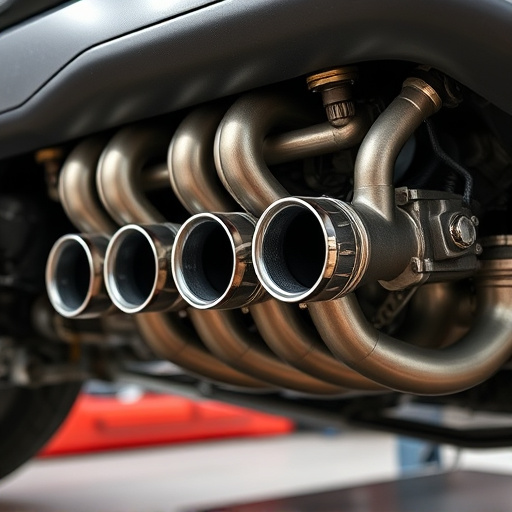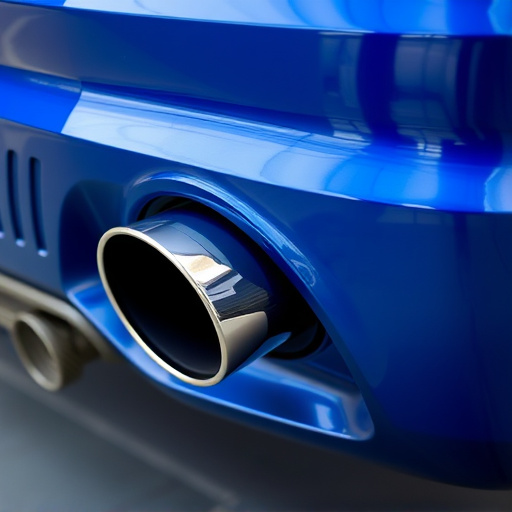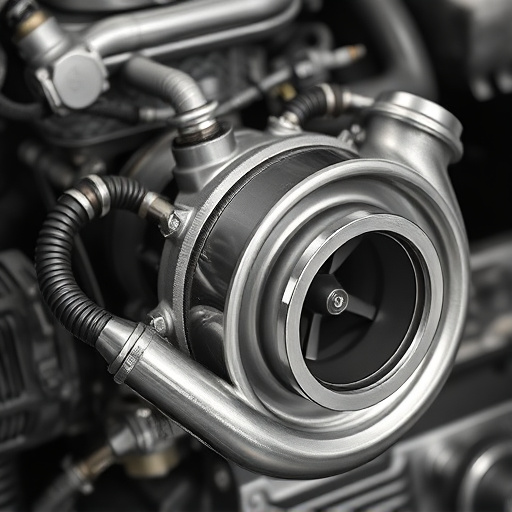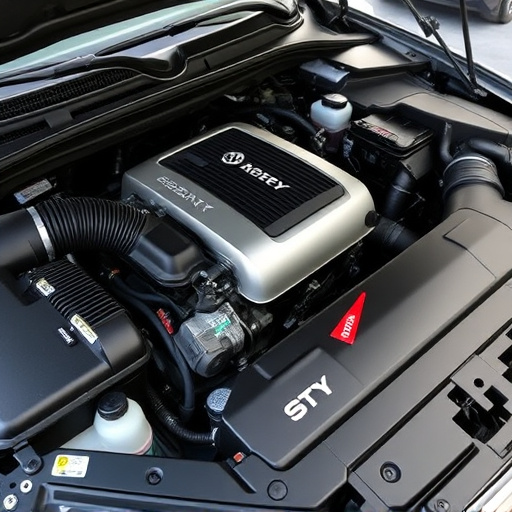Unusual noises from your brake master cylinder (BMC), like squealing or pulsating, may signal worn internal components, corrosion, or exhaust/cooling system modifications. Regular inspections are vital for safety and efficiency. Check all related brake and exhaust parts for wear, damage, leaks, and corrosion. Replace worn components, address fluid contamination, and consider upgrading exhaust mufflers for quieter, safer driving.
“Unwanted noises from your brake master cylinder can signal a range of issues, from minor to critical. Understanding common causes is the first step towards safe and effective troubleshooting. This guide walks you through identifying and diagnosing problems accurately. We’ll then provide effective solutions to silence those sounds, ensuring your vehicle’s braking system operates smoothly and securely. By following these steps, you’ll gain the knowledge to address brake master cylinder noises head-on.”
- Identify Common Causes of Brake Master Cylinder Noises
- Diagnostic Steps for Accurately Detecting the Issue
- Effective Solutions to Silence Brake Master Cylinder Noise
Identify Common Causes of Brake Master Cylinder Noises
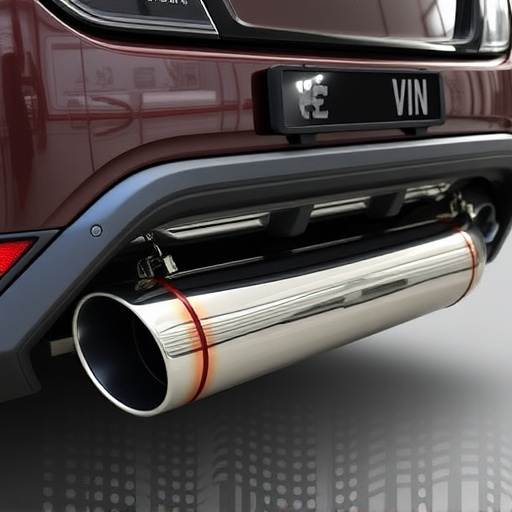
If your brake master cylinder is making unusual noises, it could be due to several common causes. One of the most frequent issues is worn-out or damaged internal components, such as seals or pistons, which can lead to squealing, clicking, or grinding sounds when the brakes are applied. Corrosion and buildup inside the cylinder can also cause problems, resulting in a soft or pulsating brake pedal.
Another less common but notable factor could be modifications to your vehicle’s cooling system, like installing a cold air intake or high-flow performance air filters, which might increase pressure differentials and affect the brake master cylinder’s operation. Moreover, an inefficient or poorly sealed performance exhaust system could also contribute to these noises. Regular inspection and maintenance are key to identifying these issues early on, ensuring your vehicle’s safety and efficiency.
Diagnostic Steps for Accurately Detecting the Issue
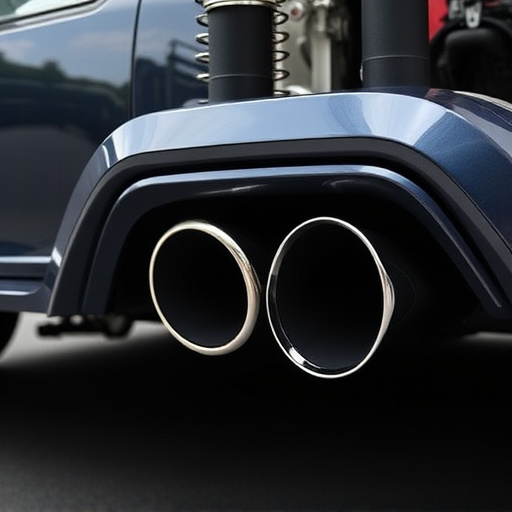
To accurately detect the issue with your brake master cylinder (BMC), start by observing the noise carefully. Is it a high-pitched squeal, a thudding sound, or a grinding noise? Note when and under what conditions the noise occurs – while braking, during idle, or after driving for a while. This initial assessment helps narrow down potential causes.
Next, inspect the brake components for wear or damage. Check the condition of the brake pads, rotors, calipers, and brake lines. Even minor issues with these intake components can cause abnormal noises. Examine the BMC itself for leaks, corrosion, or damage to its internal parts. If you suspect a problem with the muffler tips or other exhaust components nearby, include them in your diagnostic process as well. These steps will provide valuable insights into the root cause of the noise and guide you towards effective troubleshooting.
Effective Solutions to Silence Brake Master Cylinder Noise
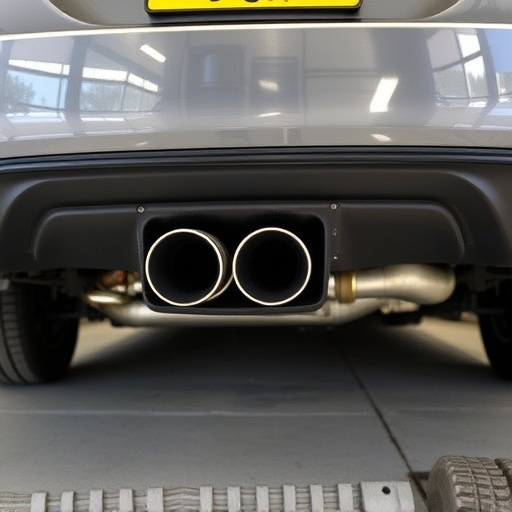
If your brake master cylinder is making unusual noises, it’s important to address the issue promptly for safety reasons. One effective solution is to check and replace any worn-out or damaged parts within the system. This includes examining the brake fluid for contamination or degradation, as well as inspecting the brake pads for excessive wear. Regular maintenance can go a long way in silencing these sounds and ensuring your vehicle’s brakes function optimally.
For more persistent noise problems, consider upgrading to high-quality exhaust mufflers designed to reduce brake system vibrations. Improper alignment of brake components or faulty calipers can also cause unwanted noises, so a thorough inspection is crucial. By addressing these potential issues, you not only silence the brake master cylinder but also enhance your vehicle’s overall performance and safety, ensuring peace of mind during every drive.
Troubleshooting brake master cylinder noises is a crucial step in ensuring your vehicle’s safety. By identifying common causes, following diagnostic steps, and implementing effective solutions, you can silence these annoying sounds and maintain optimal braking performance. Remember, a quiet brake master cylinder indicates proper functioning, enhancing your driving experience and peace of mind on the road.


